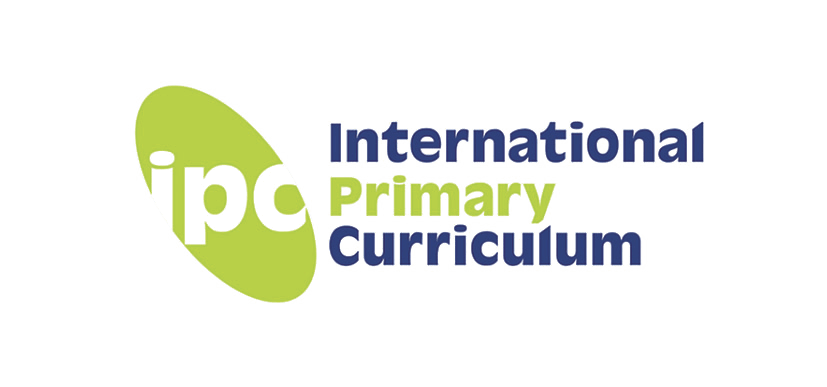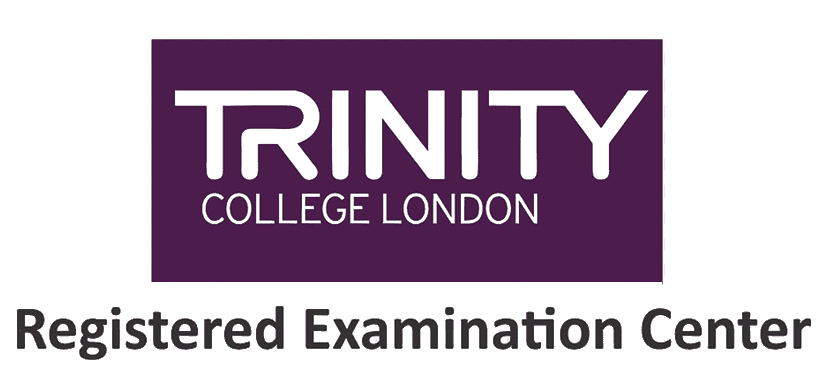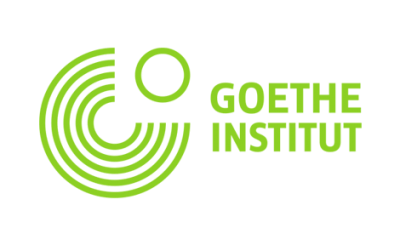What are multiple intelligences?
The concept of multiple intelligences refers to a theory for understanding the mind and was designed by Howard Gardner. It proposes that we do not have a single intelligence, but a set of intelligences. Dr. Gardner proposed that intelligence is not innate and fixed, intelligences can work individually or as a network and develop if they find a suitable environment.
Multiple intelligences can be trained and developed. At ISP Schools we develop complete educational programmes, trying to encourage the different abilities of our students.
What is multiple intelligence?
Multiple intelligence is a network of autonomous but interrelated abilities, which are present in every human being in different ways.
The development of these capacities depends on three factors: biological or genetic inheritance, personal life and cultural and historical inheritance. Multiple intelligence enables us to process information creatively and usefully within our cultural framework of values and needs.
For Gardner, the influence of the environment in which the individual develops is decisive. It is vital to build cognitive styles. The willingness to solve problems and create products enables us to advance in our working and personal lives.
Gardner insists on valuing intelligences in equal order of importance. People have some intelligences that are more developed than others, so some activities come more naturally to us than others.
What are the types of multiple intelligences?
Howard Gardner proposed that there are 8 types of multiple intelligences. They can be developed depending on the influence of biological, psychological and cultural factors.
According to Gardner, all people have each and every one of the intelligences, but one may stand out more than another.
Linguistic intelligence
This is the intelligence that allows us to understand the order and meaning of words in reading, writing, speaking and listening.
It is the ability to master language, gestures and writing. It is our main tool for communicating and understanding each other. This intelligence is conducive to language learning.
Musical intelligence
The ability to perceive and express oneself in musical forms. It refers to the ability to play instruments, read and compose musical pieces. The development of musical intelligence involves a perception of rhythm, timbre, pitch and the interrelationship between the ear and the mind. It is an intelligence that needs to be stimulated to develop its potential. The musically intelligent person has the ability to listen, sing, play instruments.
Logical-mathematical intelligence
This is the intelligence that involves non-verbal abstract reasoning. It includes the capacity for logical reasoning and mathematical problem solving, speed of doing mathematical problems and mathematical creativity. People with this developed intelligence have better geometric perception and recognise numerical patterns with ease.
Logical-mathematical intelligence is highly valued in the field of work because it allows different skills to be deployed without memorisation, approaching solutions from different perspectives.
Spatial intelligence
The ability to observe the world and objects from different perspectives. Spatial intelligence includes the ability to locate oneself in space, to give details of specific places, etc. Spatial intelligence allows reading maps, coordinates, driving a vehicle, etc.
Kinesthetic-bodily intelligence
The motor and bodily skills to handle tools, to express emotions with the body, to do sport, etc. Kinetic-bodily intelligence is often expressed as a child, and includes the mastery of physical skills such as balance, strength, flexibility and speed.
Intrapersonal intelligence
With it we control and understand our emotions. Intrapersonal intelligence allows us to see ourselves. Intrapersonal intelligence allows us to set goals, evaluate skills and personal advantages or disadvantages. It enables meditation, the deployment of personal discipline and the need to give the best of oneself.
Interpersonal intelligence
This is the intelligence to establish affective bonds with other human beings and to recognise their emotions. Interpersonal intelligence generates high levels of empathy and charisma.
Naturalistic intelligence
This is the intelligence that allows us to observe and understand the relationships inherent in nature and the environment. Naturalistic intelligence allows us to observe and study the elements that make up nature, including animals and plants. It is the intelligence of scientific thinking, to observe and study.
Emotional intelligence
In principle, emotional intelligence is not part of the original list of personal intelligences, but nowadays it is a basic ability that we must learn. With emotional intelligence we determine our ability to direct our own lives, based on the ability to understand, use and manage emotions in different situations. This intelligence allows people to achieve greater emotional well-being and to control stress levels.
Application of multiple intelligences in academic settings
The theory of multiple intelligences has been a great contribution to education, in ISP Schools we include this learning during all educational stages. Each student represents an educational challenge and an opportunity to grow with them.
Our programmes are based on holistic education, values and methodologies that prepare students for the future. Our commitment is based on encouraging general intelligences, with an emphasis on the particular abilities of each student.


























